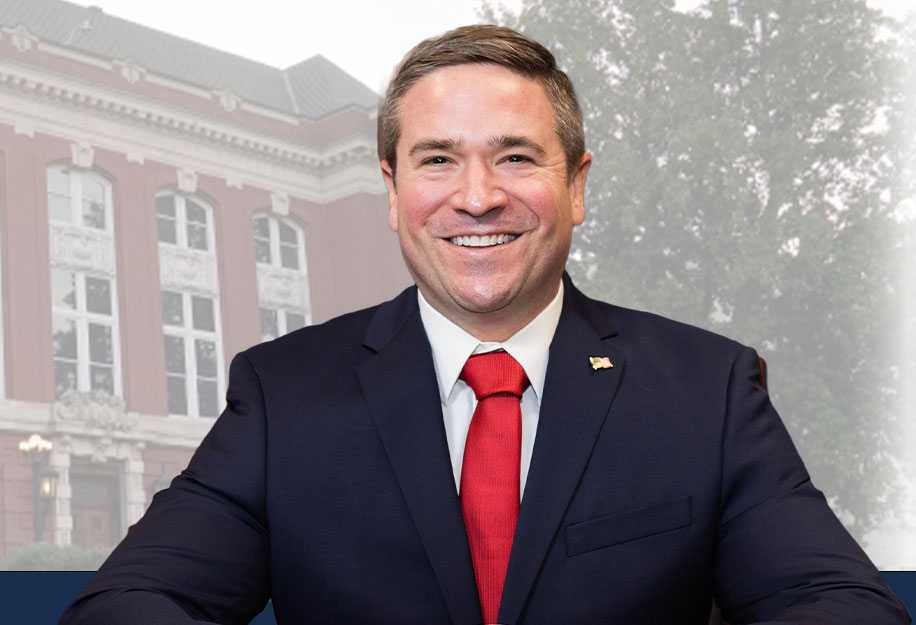[[{“value”:”
Missouri’s Attorney General has issued informal cease-and-desist letters to at least 18 retailers—mostly smoke shops in the St. Louis area—demanding they stop selling hemp flowers with boosted levels of THCA – a product analysts said accounts for up to 80% of inventory in some smoke shops.
The letters, from AG Andrew Bailey, threaten legal action including civil penalties and injunctions, citing public health concerns. However, industry advocates and legal experts say the letters lack formal enforcement authority and are not backed by state law.
“This is not a letter that has the force and effect of law,” Jefferson City attorney Chuck Hatfield told the Missouri Independent. “It’s more in the nature of a request to stop.”
What is THCA?
THCA, or tetrahydrocannabinolic acid, is a naturally occurring cannabinoid that becomes psychoactive only when heated—a process known as decarboxylation. While not intoxicating in its raw state, THCA flower is marketed and consumed similarly to marijuana. Producers have been breeding hemp flowers with higher and higher levels of THCA to meet demand for the buds. But lawmakers and regulators have been concerned that the flowers may not be safe.
Critics of the AG’s move argue that federal and Missouri laws define hemp solely by delta-9 THC concentration, not THCA levels.
That’s true because the 2018 Farm Bill that legalized hemp federally contains a loophole that unscrupulous operators in the hemp and CBD sectors have been jumping through for years. Lawmakers failed to envision the possibility that hemp could be turned into intoxicating substances when they drafted the bill, which made the plant and all downstream derivatives “legal.” But some legislators are addressing that issue in the Farm Bill that is pending.
Congress’s intent
But Congress never intended to legalize hemp for high-producing products, and those in the hemp fiber and food sectors have worked through the decades to distinguish non-intoxicating hemp from marijuana.
Missouri law, meanwhile, so far does not address THCA nor does it address intoxicating substances which can also be made from hemp-derived CBD – such as delta-8 THC, which is widely available in common retail outlets in many states.
Bailey’s actions follow the creation of a specialized unit within his office to assist the state’s Alcohol and Tobacco Control Division in cracking down on unregulated intoxicating hemp products. The unit, established in 2024, is the centerpiece of Bailey’s broader campaign to police cannabis-adjacent markets under the Missouri Merchandising Practices Act.
Legal questions
Despite the letters’ stern language, they remain informal communications and do not appear in the public enforcement record. According to Hatfield, any formal cease-and-desist would require a notice of intent, an opportunity for administrative appeal, and the possibility of judicial review—none of which has occurred in this case.
Bailey may still pursue civil litigation without issuing such an order, legal experts note. But observers say the legal footing remains tenuous given Missouri’s lack of statute addressing THCA in finished products.
“If the goal is to control THCA flower sales, states should regulate hemp products in their final form through clear legislation,” Charles Alovisetti, a cannabis attorney at Vicente LLP, told the Independent.
Legislature fails to act
That clarity remains elusive. For the third consecutive year, Missouri lawmakers failed to pass a bill that would regulate intoxicating hemp products before the legislative session ended in May.
The situation reflects the broader national confusion about the legal status of high-THCA hemp flower, a product that can legally qualify as hemp at the time of USDA inspection—30 days before harvest—yet later produce psychoactive effects when smoked.
While the U.S. Drug Enforcement Administration has signaled it considers THCA part of the total THC calculation in raw hemp, federal law only requires pre-harvest testing of Delta-9 THC. That regulatory gray area has allowed high-THCA flower to flourish in unlicensed markets nationwide—until now.
Whether Missouri’s enforcement effort can hold up in court may shape future efforts in other states where intoxicating hemp products remain unregulated despite increasing political pressure.
“}]] Critics of the AG’s move argue that federal and Missouri laws define hemp solely by delta-9 THC concentration, not THCA levels. Read More


